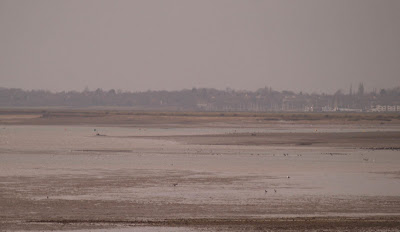A year which began in the most wonderful manner.
The year I outlined Let us Be Human, which contains anything that I might have of significance to communicate to the world.
Also the year in which I worked through a number of my issues about evangelicalism – which has changed me in some ways I haven’t yet fully understood.
The year I joined a gym, at last – and put on a lot of weight whilst simultaneously lowering my body fat index. I also grew my pony-tail again – which I haven’t had since 1991 or so. My brother thinks it makes me look like Francis Rossi….
A year in which I calmed down in many ways (some probably not apparent to the outside world yet), especially with regard to church. My decision to lay George Herbert to rest has a lot to do with that.
A year in which my musical re-awakening proceeded apace, which was creatively cathartic. That latter post is one of the ones I’m most proud of writing – as was this one. I think those writings are what of most permanent value from this blog – even if only for me!
The year I attended a festival for the first time.
I read lots of books.
I watched lots of film and TV series (including Dexter which I greatly enjoyed and will do a proper write up of soon).
A year our eldest decided that he actively wanted to go to school, so we gave up on homeschooling – not without reservations.
A year of continuing to read lots of blogs – I’m now about 18 months behind on my reading of the Times Literary Supplement!! My actual blogroll is distinctly different to that listed on this page – I just haven’t had a chance to update yet. In particular, the blogs I read have continued to shift away from the political and towards the Biblical. I have most especially enjoyed meeting some fellow bloggers in the flesh – and I hope to continue to meet more as time goes on.
And, of course, a year in which my photography moved on a stage.














